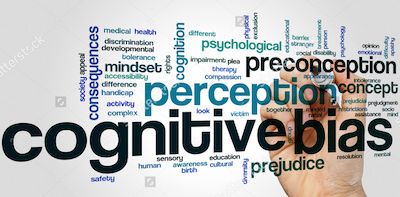
Deepening the study of socially regulated cognition
Thématiques
Created in 2005 under the joint impulse of P. Huguet and J.-P. Caverni, this multidisciplinary team has supported its development on the former "Inference" team, of which it is an extension. While allowing the continuation of the work on inferences and reasoning, the new team allows to deepen the study of socially regulated cognition. Despite the institutional and / or editorial responsibilities of most of its members, since 2006 the team has published 87 articles in mostly international mediums from good to excellent (see below).
Mental activities and their underlying neurobiological processes are anchored in social contexts and functions whose influence is now the subject of much work at the international level in reference to "social cognition" and "social and affective neuroscience" . It is precisely the main characteristic of the Cognition and Social Context team that it integrates this social dimension of cognition. Our approach assumes that mental activities, while expressing the most integrated form of biological life, also depend on the social contexts offered or imposed on individuals when processing information. This interest of the team for the social regulation of cognitive functioning is original because of its complementarity with the North American current of social cognition. In this framework, the integration of the information processing mechanisms described by cognitive psychology aims mainly at understanding how the individual organizes his / her social environment mentally. In Team 1 of the LPC, it is more the influence of this environment on the cognitive processes themselves that is the subject of the investigations.
Our laboratory and natural site work contributes to the elucidation of how certain basic elements of life in society (eg, presence of others, self - assessments, social comparisons, social stereotypes) Information in the areas of reasoning, memory and attention. In addition to their interest in the study of human cognition in its social dimension, this work provides a pathway to improve learning and training environments at all ages of life. The approach is resolutely highly integrated, hence the presence in the team of social psychology specialists of cognition, cognitive psychology, behavioral genetics and neuroscience, and the use of methods in these different sectors .
DIRECTOR OF THE TEAM
Isabelle RÉGNER, MCF HDR
STATUTORY MEMBERS
-CARLIER Michèle, Professor Emeritus of Universities
-DAVRANCHE Karen, CNRS Researcher
-GAJDOS Thibault, Director of Research CNRS
-OULLIER Olivier, Professor
DOCTORANTS
-BASSO Frédéric (Allocation Ministry of National Education)
-BASTIDES-TELLIER Idriss (PACA Regional Scholarship, thesis defended in September 2014)
-BELLETIER Clément (Army Directorate-General for the Armed Forces, thesis defended in December 2013)
-DELPECH Jean (Allocation Ministry of Education, Thesis defended in 2010)
-ENEA-DRAPEAU Claire (Psychologist Education Nationale, Thesis defended in December 2012. Lecturer AMU since 2014)
-MALTESE François (Psychologist AP, thesis defended in September 2013)
-PETIT Olivia (Stock market PRES, Thesis defended in March 2014)
-POMPORTES Laura (CIFRE Fellowship)


